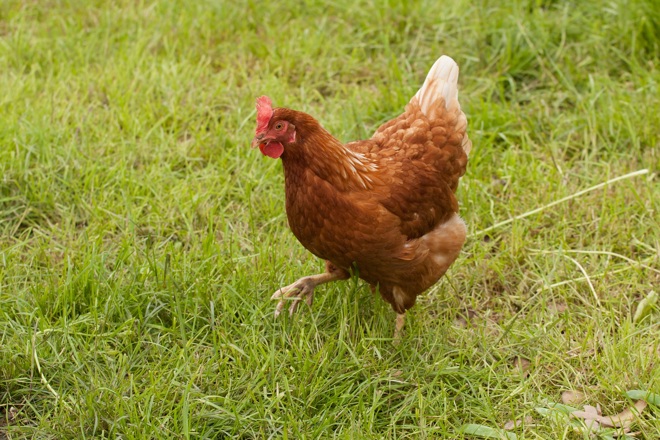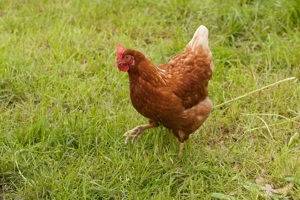Biosecurity for the backyard chook
Press release December 20, 2018 Safety Eggs Health Farm FoodRecent media interest in the animal and human health risks associated with keeping backyard poultry has revealed the need for improved biosecurity education.

Australian Eggs’ Managing Director, Rowan McMonnies, said the CSIRO’s warning about risks to animal and human health was timely and backyard owners need to understand the responsibilities.
“Anecdotally, there has been an increase in the number of people keeping backyard hens and egg farmers understand the attraction to producing nutritious and delicious eggs” Mr McMonnies said.
“People need to realise that once you’re a suburban ‘egg farmer’ there are important biosecurity risks to protect against.
“Strains of avian influenza can occur naturally in populations of wild birds and if a wild duck comes into contact with a domestic hen the virus can be transferred.
“Diseases spread quickly and widely and potential transfer from backyard to commercial flocks can put food security for the broader community at risk.
“It’s understandable that people think backyard farming is clean and natural but these set-ups can pose significant problems because of how accessible they are to wild animals.
“Australian Eggs spends a lot of time communicating these dangers to egg farmers but there is clearly a role in getting information out to backyard owners as well.”
Below, Australian Eggs has issued a list of 10 things backyard poulty owners should practice to reduce biosecurity risks:
- Always wash hands after handling chickens or eggs.
- Keep chickens away from ponds and rivers as water birds are known carriers of avian influenza.
- Ensure that wild birds cannot access the chickens’ feed or water. Diseases can be easily transmitted to poultry by contamination of feed or water.
- Keep other animals like domestic geese or turkeys, and even cats and dogs, well away as they can bring disease to chickens.
- Use safe water sources such as town water, good quality bore water or sanitised surface water for chickens to drink.
- Provide a secure rodent-proof enclosure for poultry as rats and mice are known carriers of disease.
- Any kitchen scraps fed to chickens must be meat and animal free. When spoiled, these may carry dangerous bacteria.
- Check hens regularly for anything unusual such as coughing, diarrhoea or swollen eyes.
- If a chicken is showing signs of sickness, isolate the sick animal from others and seek veterinary advice in a timely manner.
- Call Animal Health Australia’s 24-hour emergency animal disease watch hotline on 1800 675 888 if there are unusual symptoms or signs of serious disease.
ENDS
Media enquiries
John Barry, Australian Eggs
0415 883 721
Subjects
Safety Eggs Health Farm Food

 Follow
Follow